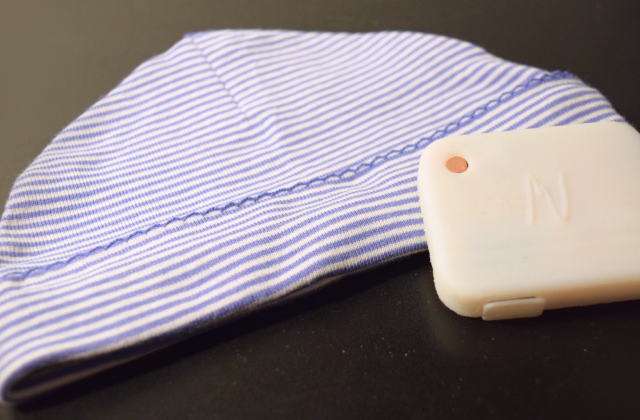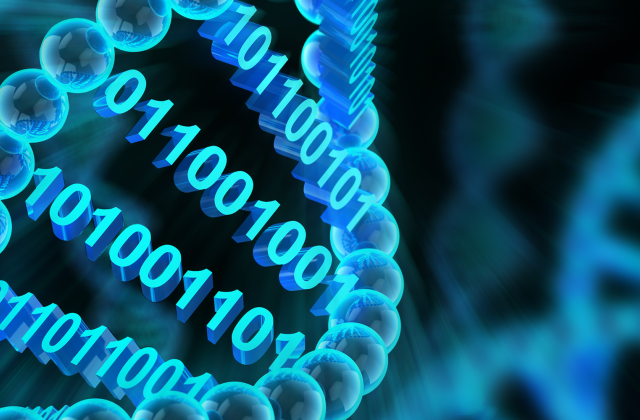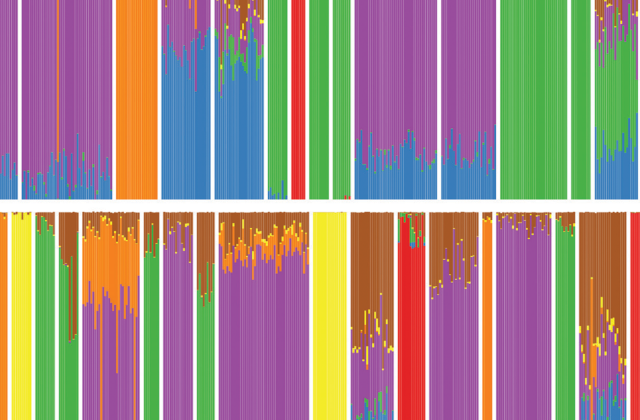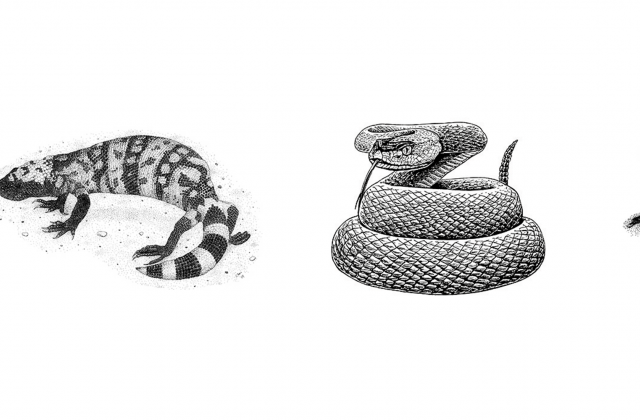Can real-time DNA sequencing speed up diagnosis and treatment of illnesses?
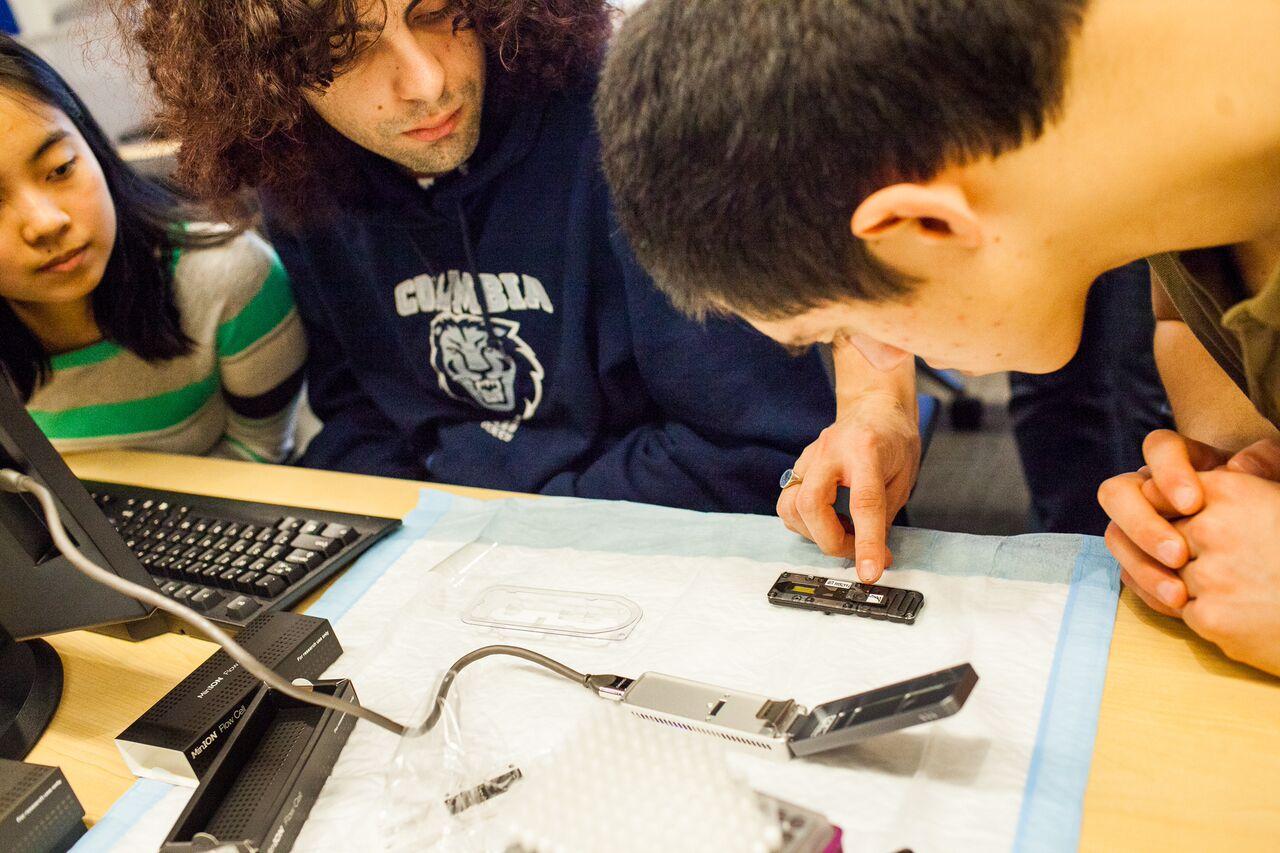
Processing DNA samples can take hours or even days, and the required equipment is usually immobile and confined to laboratories. Now researchers at Columbia have developed a new handheld technology that creates a full genetic map of sample cells from DNA in real time.
This real-time DNA-authentication could be used in everything from identifying criminals to diagnosing illnesses to tracking epidemics. But its greatest value could be in research laboratories. Lacking the expensive machinery needed to validate DNA samples, most researchers skip validation or ship their cultures to specialized labs which can delay important findings and treatments. Misidentified or contaminated cell lines is blamed for as much as a third of the estimated $28 billion spent each year on studies that can’t be replicated.
The software is designed to run on the MinION, an instrument the size of a credit card that pulls in strands of DNA through its microscopic pores and reads out sequences of nucleotides. An algorithm randomly compares these samples with other genetic profiles on file. With each cross-check, the algorithm updates the likelihood of finding a match, rapidly narrowing the search. This technology promises significant impact in diagnosing people's illnesses more quickly to target and improve treatment. Learn more.
Make Your Commitment Today

